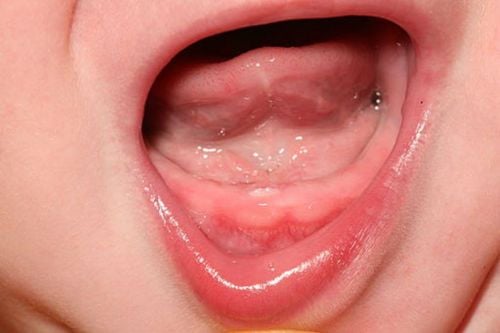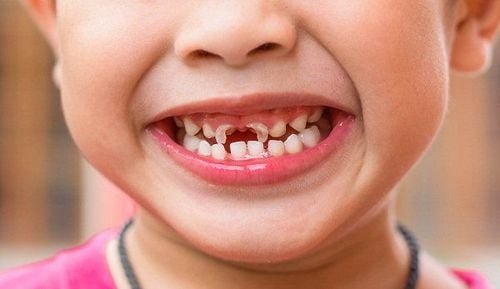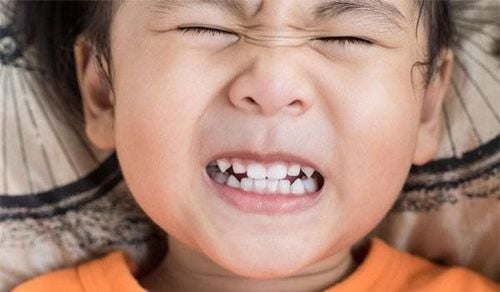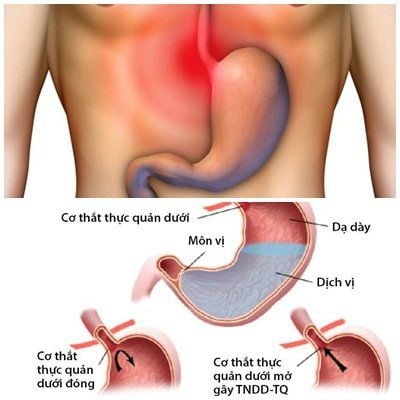This is an automatically translated article.
The article was professionally consulted by Specialist Doctor II Cao Thi Thanh - Department of Pediatrics - Neonatology, Vinmec Hai Phong International General Hospital.Baby teething is a normal thing that any child will experience. However, during teething, the baby may have a fever, so it will definitely cry. What is the right way to care for children when their molars erupt, the following useful information mothers need to know.
1. Baby teething sequence
Normally, children at the age of 6 months will begin to sprout their first teeth and in the first 12 months of life, children will have about 6 teeth. By the age of 2, there will be enough 20 teeth to divide the upper and lower jaw equally. Of course, this sequence of teething is not true for any child, some babies grow early, some babies grow late, depending on whether calcium supplements for children during pregnancy are enough or not.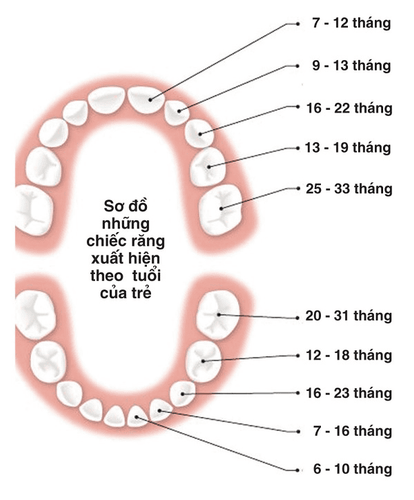
Baby's molars are baby molars, so this tooth will last with the child's growth until the age of 6. After the age of 6, the molars as well as the baby teeth will begin to gradually fall out and transition to the permanent teeth replacement stage.
Trắc nghiệm: Nhận biết sớm dấu hiệu chậm phát triển thể chất và trí tuệ ở trẻ
Nếu 6 tuổi không biết đếm số, 7 tuổi vẫn chưa phân biệt được giữa thực tế và tưởng tượng thì có thể bé chậm phát triển thể chất và trí tuệ hơn so với bạn bè cùng lứa. Bạn đã nhận biết được các dấu hiệu bất thường sớm này chưa? Cùng làm nhanh bài trắc nghiệm sau để trang bị thêm kiến thức cho mình nhé!
The following content is prepared under supervision of Thạc sĩ, Bác sĩ y khoa, Ma Văn Thấm , Nhi , Phòng khám Đa khoa Quốc tế Vinmec Dương Đông(Phú Quốc)
2. Signs of baby teething
A few signs of teething babies that are easy to recognize that mothers need to know so that they can detect them early and have appropriate ways to take care of their children include:drooling a lot. Mild fever. Crying. Likes to chew, like to bite, see any object within reach of the child to put it in the mouth to bite. The gums are swollen and red. Anorexia, not eating leads to weight loss. Waking up at night without sleep. Diarrhea .
3. How to take care of your baby's molars
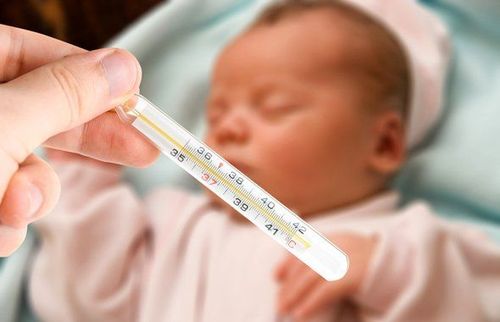
Do not force children to eat, divide children's meals into 6-8 meals instead of 3-4 meals as usual. Each time, you just need to eat a little bit at a time. Your food should be stewed, soft; It is best to cook in the form of thin porridge, soup, you just need to swallow without chewing. With fruit, you should squeeze the water to cool slightly, so the pain will be minimized, with a slightly cool drink, the baby's gums will be much less painful. Fever when a baby is teething is also very normal. If your baby has a fever of 38 degrees or 38.5 degrees, take a slightly warm towel and place it on the baby's forehead or wipe the baby's body. If taking fever-reducing medicine, consult your doctor; absolutely do not self-prescribe. For babies who are not allowed to drink filtered water or vegetable juices, mothers should breastfeed more. If not nursing, express milk and feed your baby with a spoon. During the period of teething, both mother and child will be quite tired and hard. However, try.
Diarrhea is also one of the signs of teething in babies. But this is also a sign of many other diseases, so parents should monitor the child's stool as well as the child's health to promptly handle when needed. If the child has continuous bowel movements, loses a lot of water; take to hospital immediately. Pay attention to keeping your baby's oral hygiene by using a soft cloth to wipe his mouth and teeth when he has just eaten. Let your baby use objects made of materials that are not harmful to health, soft, round objects because during the teething stage, babies often have itchy gums and tend to put everything within reach into their mouths. chew. In case the child has a very high fever, prolonged diarrhea, lethargy; Please take your child to see a doctor for a timely solution, to prevent a bad case from happening.
The period of baby teething is a period when both mother and baby will have a very hard time. However, this is an inevitable manifestation in the process of growing up. Therefore, the mother does not need to be too worried, but needs to be handled quickly in cases where the bones will be high and the pain will last for a long time. Because high fever in babies can cause dangerous complications to health, especially when babies have molar fever. In this case, the mother should choose a reputable hospital, specializing in Pediatrics to be examined, treated and protected by specialists.
To prevent diseases that babies often get, parents should pay attention to nutrition to improve children's resistance. At the same time, add supporting foods containing lysine, essential micro-minerals and vitamins such as zinc, chromium, selenium, B vitamins,... snacks and less digestive problems.
Parents can learn more:
Why do you need to supplement Lysine for your baby?
The role of zinc - Guidelines for reasonable zinc supplementation
Please visit the website Vinmec.com regularly and update useful information to take care of your baby and family.






